A federal jury in Tyler, Texas has ordered Apple to pay $22.1 million to patent firm Acacia Research for violating U.S. Patent No. 8,055,820, related to cellular network technologies, according to court documents filed electronically this week. The monetary award is a running royalty for Apple's infringement through March 2016.
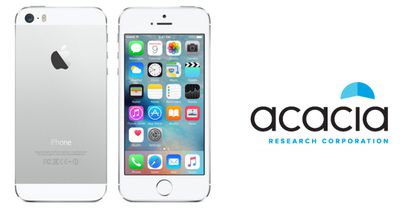
The jury said Apple did not prove with clear and convincing evidence that any asserted claims of the patent are invalid as obvious or based on improper inventorship. Apple's infringement was found to be willful, which in patent litigation means the patent holder can request that the judge enhance the damages by up to three times, or up to roughly $66.4 million in this particular lawsuit.
The lawsuit, filed in January 2014, accused Apple of selling multiple products that infringe upon the patent, including the iPhone 5, iPhone 5c, iPhone 5s, iPad 3, iPad 4, iPad Air, iPad mini, and iPad mini 2. U.S. Patent No. 8,055,820, titled "apparatus, system, and method for designating a buffer status reporting format based on detected pre-selected buffer conditions," is highly technical and at one point was assigned to Nokia.
AT&T, Verizon, Sprint, T-Mobile, and Boost Mobile were also named as defendants for selling the infringing iPhones, but none of the carriers were named in the jury verdict. U.S. Magistrate Judge K. Nicole Mitchell presided over the case in the U.S. District Court for Eastern Texas, a popular region for non-practicing entities like Acacia Research and VirnetX to bring patent litigation against companies like Apple.
Acacia Research, based in Newport Beach, California, says it has returned over $705 million to patent owners. The corporation creates a subsidiary company for each set of patents it enforces through litigation, including Cellular Communications Equipment, LLC in this particular Apple lawsuit.
Our partnership with patent owners is the cornerstone of our corporate strategy. Acacia is an intermediary in the patent marketplace unlocking financial value in patented inventions.
Apple has not confirmed if it will appeal the decision.




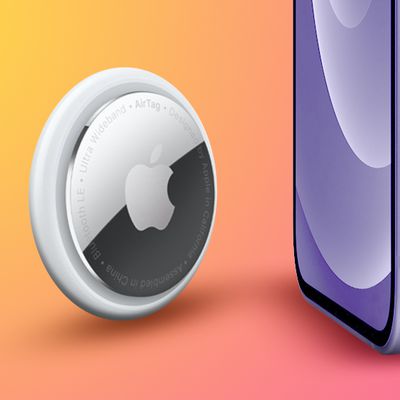
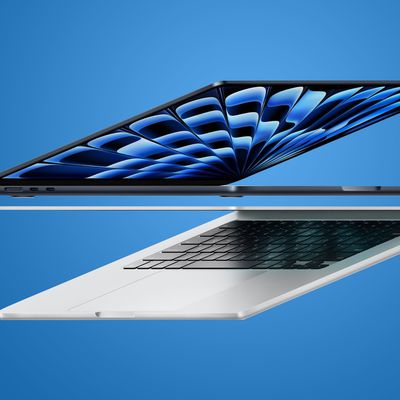
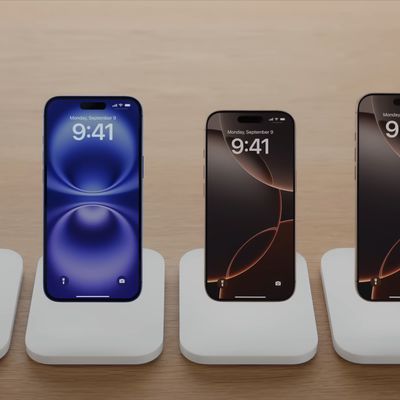
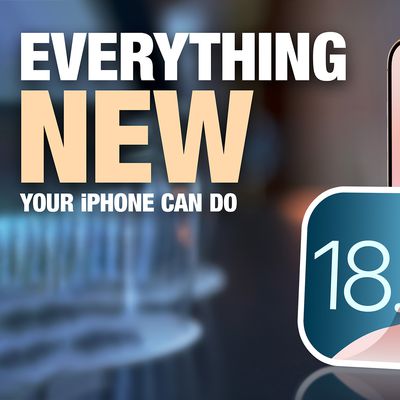
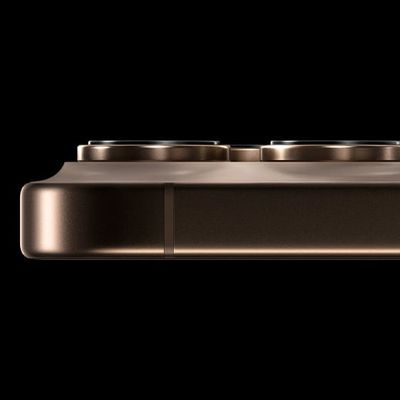
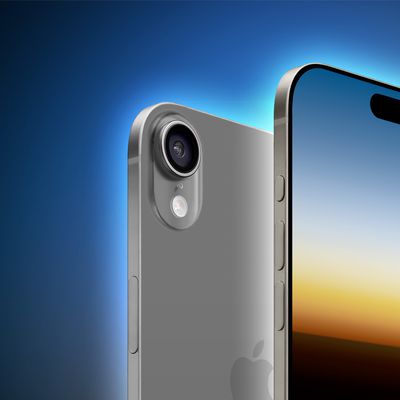

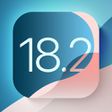









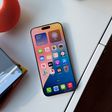
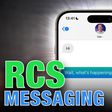
Top Rated Comments
Apple has gone after both small and large companies, for both trademarks and money.
Many people remember them going after a small coffee shop called "Apple Child" in Germany, and many of us remember them actually going after a New York City recycling initiative. Yes, NYC, the original "Big Apple", called that decades before Apple Inc ever existed.
Then there was the time that Apple suddenly removed a third party WiFi sync app from their app store, and later replaced it with their OWN WiFi sync app using almost the same icon.
Let's not even get into how Apple stole the names "iPhone" and "iOS", or how they cheated on their IP deal with Apple Records.
As for monetary gain, they tried to license their (some now invalidated) patents for things like slide-to-unlock to other phone makers for up to $40 a device (!!!), and when nobody would take them up on it, they took them to court... just like your so-called patent trolls do when someone refuses to license their own overpriced IP.
Then they had the gall to whine over paying much smaller royalties for actual IP needed to make a phone work.
Worst of all, Apple helped create one of the world's worst patent troll entities ever (Rockstar). They did this after spending billions to buy older Nortel patents. Rockstar only employed a dozen engineers dedicated to reverse engineering other companies' software to look for infringements they could sue over. Apple's part in this gives troll bashers zero moral ground to stand on.
Finally, the primary reason we see Apple get sued by patent holders so much, is because their policy is to ignore license requests until they are sued. So if you realized that Apple was using something YOU invented, you would have little choice but to sell your patent to a patent holding company large enough to try to fight Apple, because otherwise Apple would ignore you and use your IP without payment.
Afaik the original patent holder of 820 was Nokia, so the patent is valid. All your other questions are moot since Apple was already familiar with Acacia's patent portfolio as Apple had already been a licensee of some of their patents. IANAL, but willful infringement implies knowledge of the patent in question and unlicensed use regardless of that knowledge. If it helps you any, Acacia asserted 5 patents and only 820 passed the sniff test.
What made the infringement willful?
I don't see answers to any of those questions. Doing a google search, all I could find was the same information on multiple sites. They read like a press release from this Acacia Research company ('http://acaciaresearch.com/wp-content/uploads/2016/09/091516-Apple-CCE.pdf').